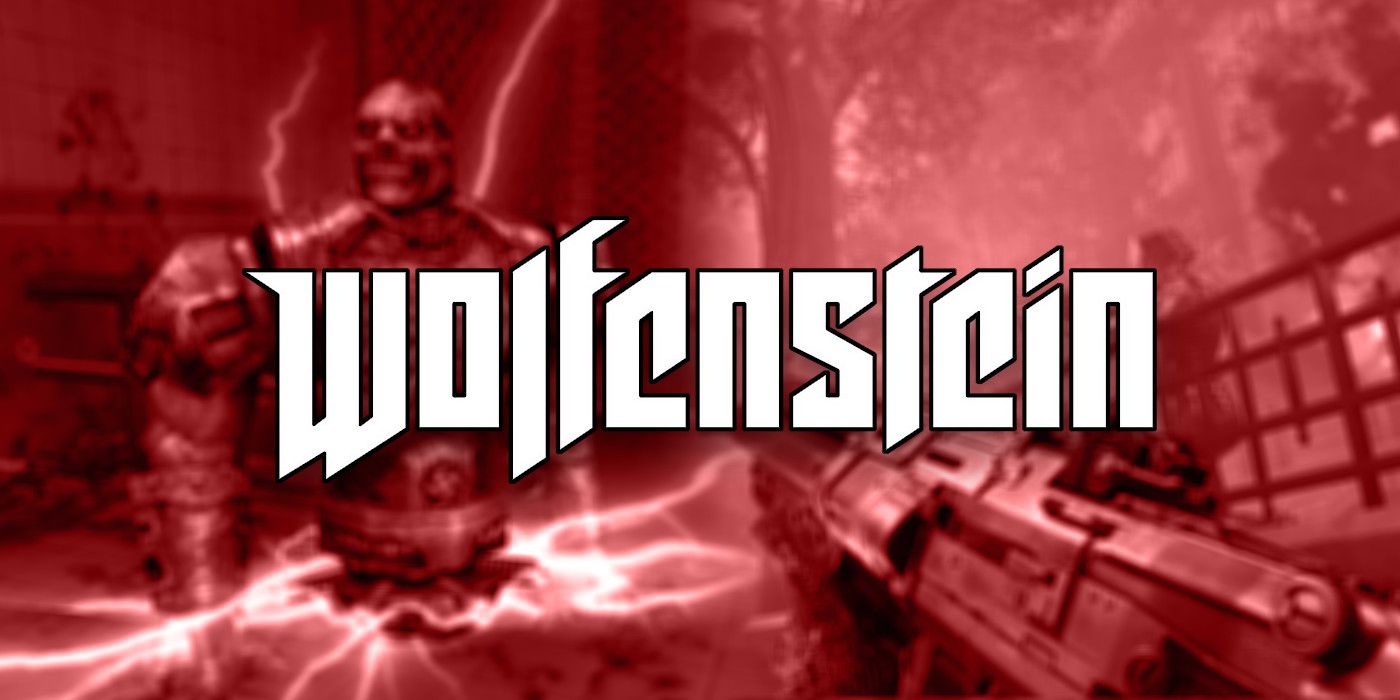
The Wolfenstein series is often mentioned alongside Quake and DOOM, as all three series played a part in creating and establishing the first-person shooter genre. The series would start strong in the '80s with Castle Wolfenstein, and it continues through to modern day with the release of its most recent title, 2019's Wolfenstein: Youngblood. The series as a whole has seen reviews all over the board, though none have ever been overwhelmingly negative.
Fans fondly remember titles like Castle Wolfenstein and Wolfenstein: The New Order, though games like Return to Castle Wolfenstein and 2009's Wolfenstein aren't talked about as much. Here's what critics have thought of each Wolfenstein game based on their average scores on Metacritic and the Internet Gaming Database. Note that some of the older Wolfenstein games will not be mentioned, as titles like the original Castle Wolfenstein, Wolfenstein 3D and Spear of Destiny lack of formal review scores from their initial launches.
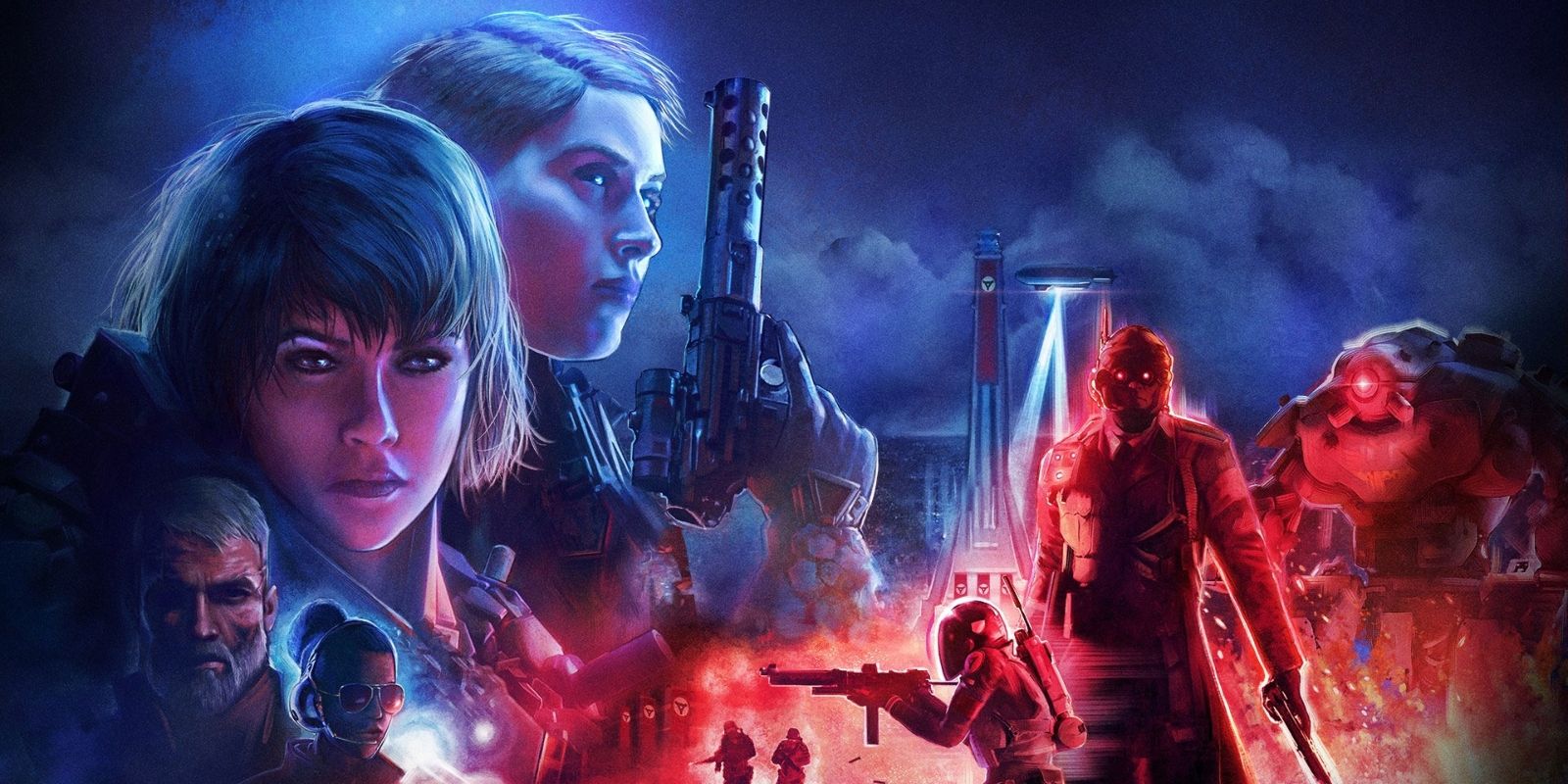
Despite the early success of MachineGames' Wolfenstein revival, Wolfenstein: Youngblood disappointed critics with gameplay that didn't quite mesh well with the game's co-op focus. While critics liked certain aspects of this new features that had never been incorporated into a Wolfenstein title before, many felt it was ultimately more of a problem than it was worth.
Youngblood also released on the heels of the acclaimed Wolfenstein II: The New Colossus. Despite the two game's vast differences in terms of gameplay and story length, they were often compared to one another. While Youngblood was intended as a side-game to The New Colossus rather than a true sequel, that still doesn't forgive the game's co-op (its primary focus) falling short of where it needed to be.
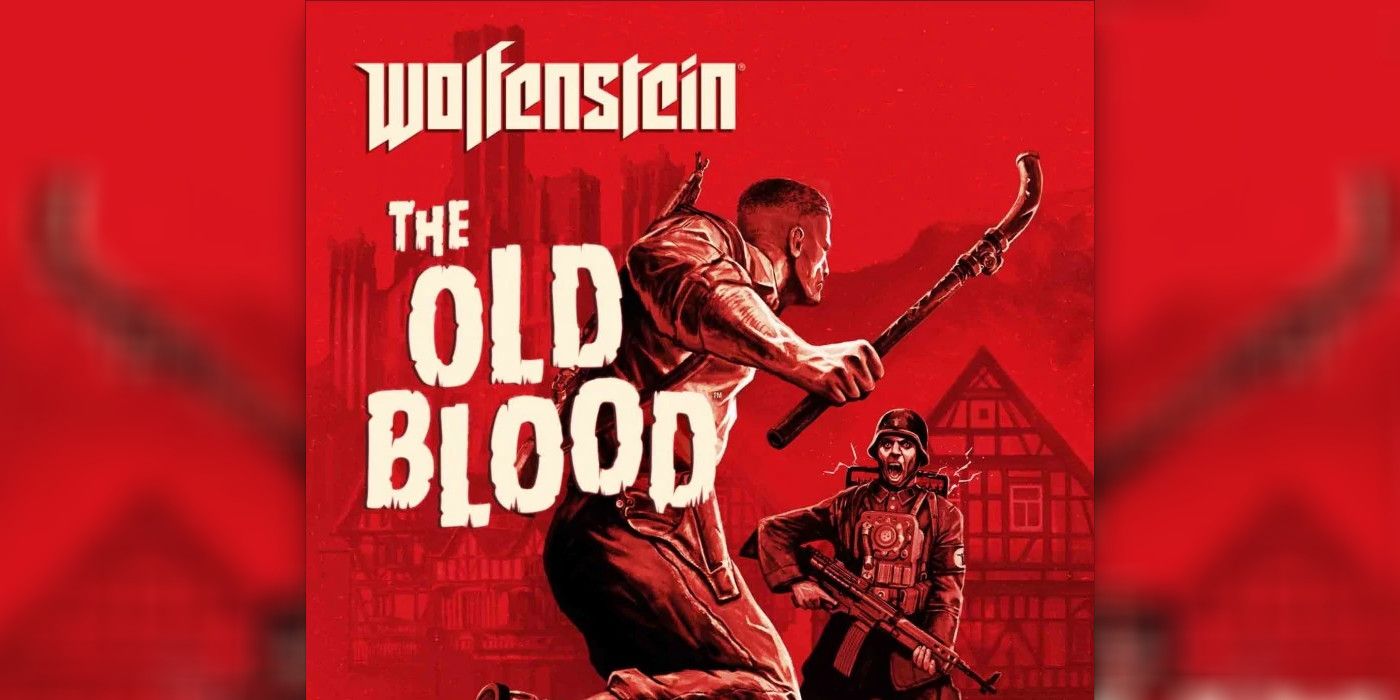
Much like Youngblood, Wolfenstein: The Old Blood serves as a side experience to fill the gap between The New Order and The New Colossus. Critics generally enjoyed The Old Blood, with many recognizing that the game is meant to be a stand-alone expansion to The New Order rather than a full sequel. Reviews for the game say its shorter length complements the intense and fast-paced gameplay that the Wolfenstein series has always been known for.
However, some critics felt that The Old Blood was designed only to capitalize on the success of The New Colossus and to fill time for MachineGames' to make a true sequel. In short, some thought The Old Blood lacked the heart and passion that made The New Order such a stand-out game. Instead of being a true follow-up to The New Order, it was simply more Wolfenstein.
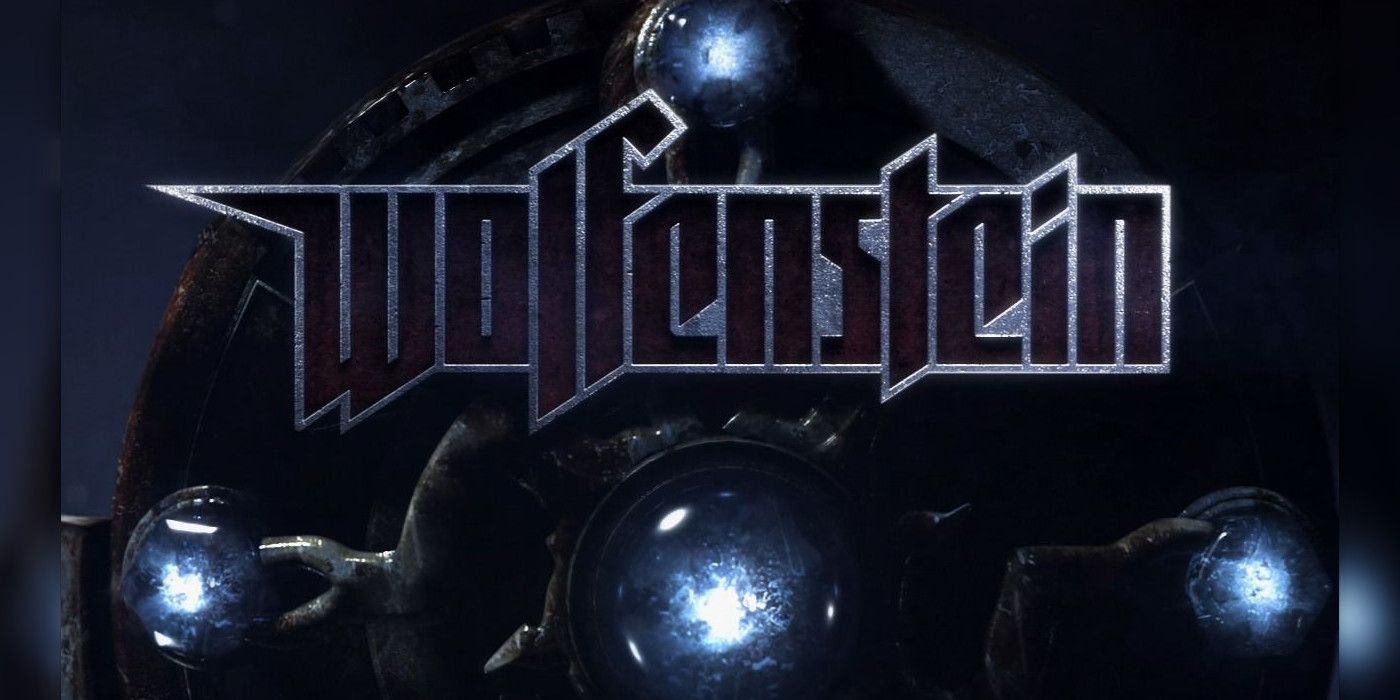
The simply titled Wolfenstein is the 2009 sequel to Return to Castle Wolfenstein, developed by Raven Software and overseen by iD Software. While its predecessor saw far better reviews, critics did note some positive aspects of Wolfenstein. Many praised the game's single-player campaign and its refreshing take on a World War II storyline.
Critics also noted that Wolfenstein wasn't anything new for the FPS genre, though whether this was a bad thing or a simple observation depends on the review. Some said that 2009's Wolfenstein was simply doing what previous entries in the series had done, while other critics lamented that the series that helped create the FPS genre had gotten stale and needed to try something new.
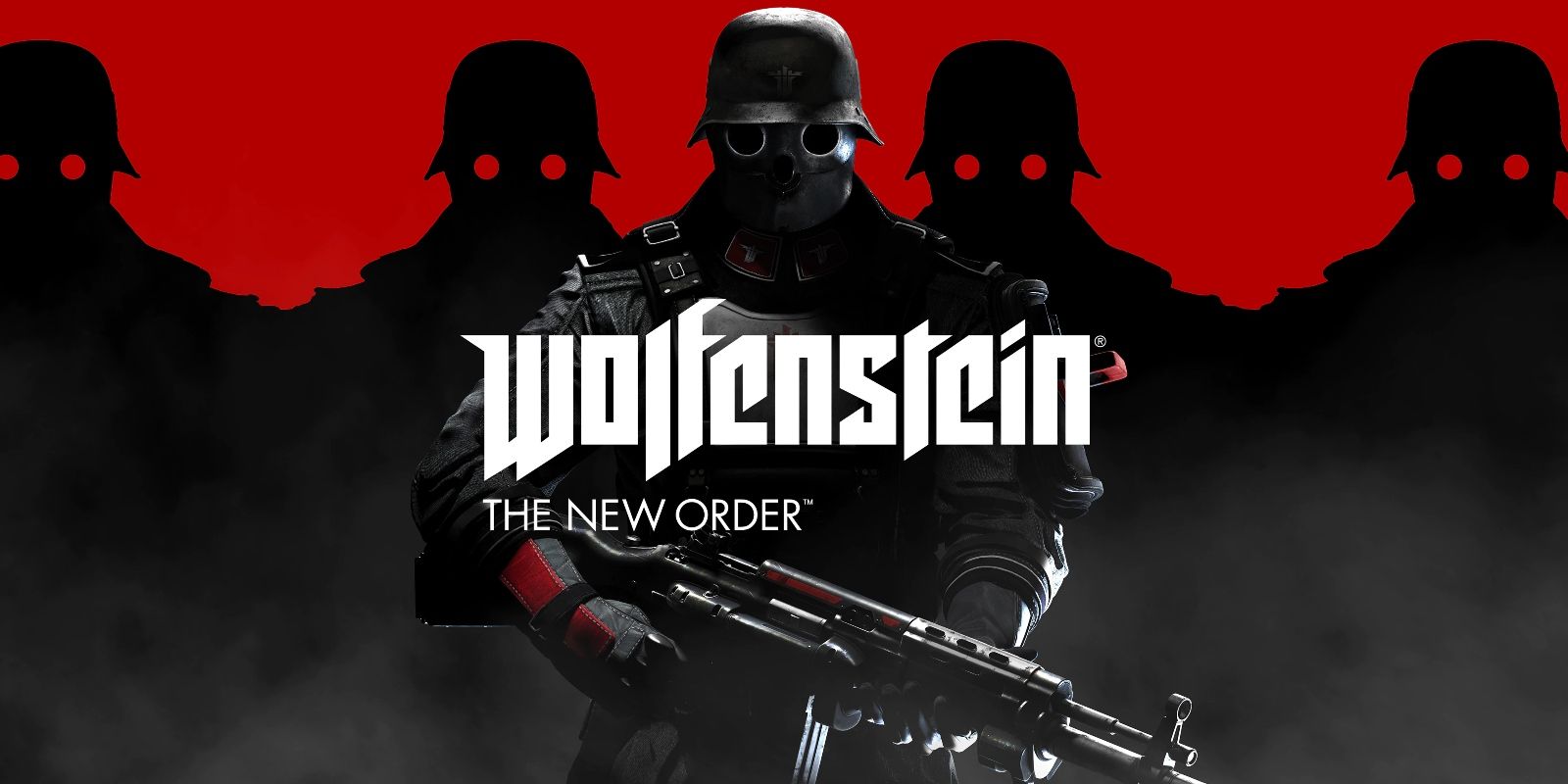
Wolfenstein: The New Order managed to merge two completely different styles of FPS games together in a fun and compelling way. The New Order's gameplay was praised for capturing the classic, fast-paced combat of the original titles while also updating the arena FPS formula to fit with modern shooters. The New Order delivered the action players expect with a highly-praised narrative that served as a full reboot to the Wolfenstein timeline.
However, these two different styles of FPS don't always blend well. One point of criticism was that the shooter gameplay and story never quite reached the peak that other games in the genre did. Regardless, The New Order managed to launch a hugely successful revival of the Wolfenstein series that's still going strong today.
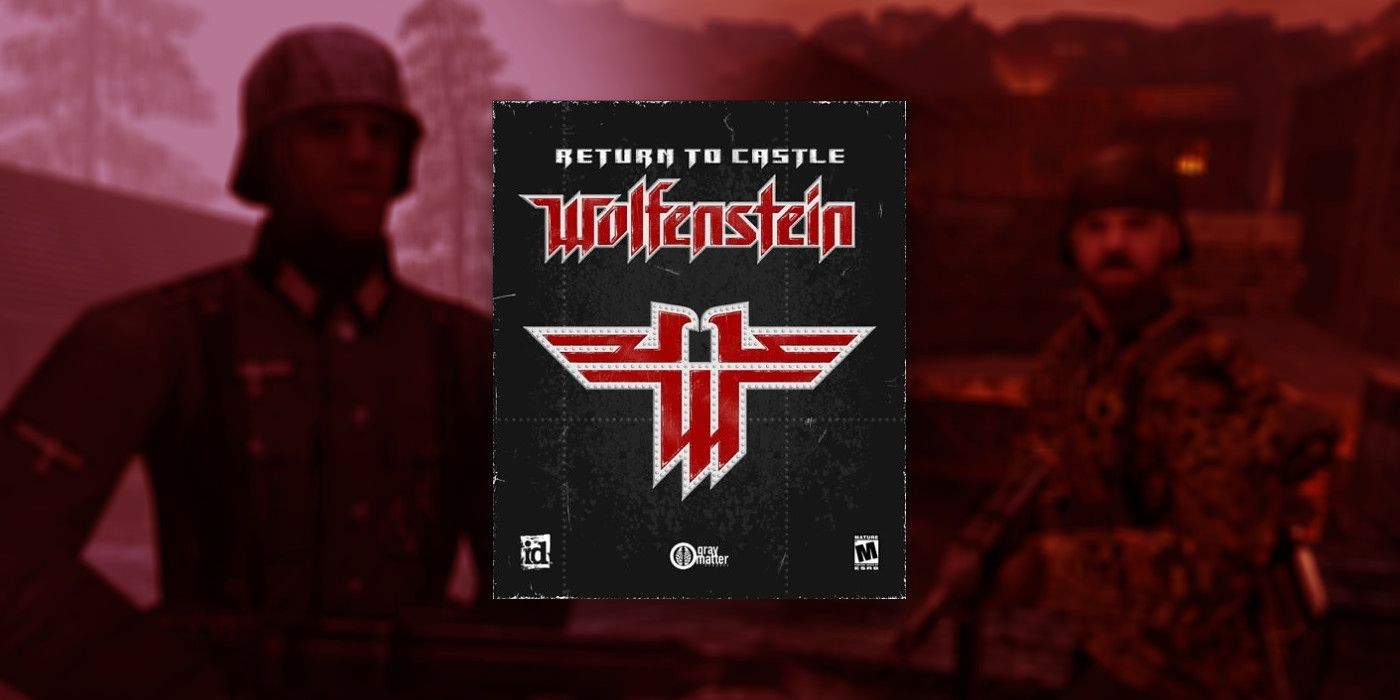
Return to Castle Wolfenstein was developed by Gray Matter Interactive, and it's often cited as the game that truly launched the Wolfenstein resurgence. Critics agree that the game is a nostalgic throwback to the early '80s and '90s Wolfenstein games that manages to keep things fresh. The game's multiplayer aspect Enemy Territory also received praise for being a fun addition to the series that felt like classic Wolfenstein.
This game was hailed by critics and fans alike, with many calling it the next classic FPS for providing a gripping narrative alongside old-school gameplay. Still, some found the experience too similar to the rest of the Wolfenstein series, though others found it to be refreshing and new.
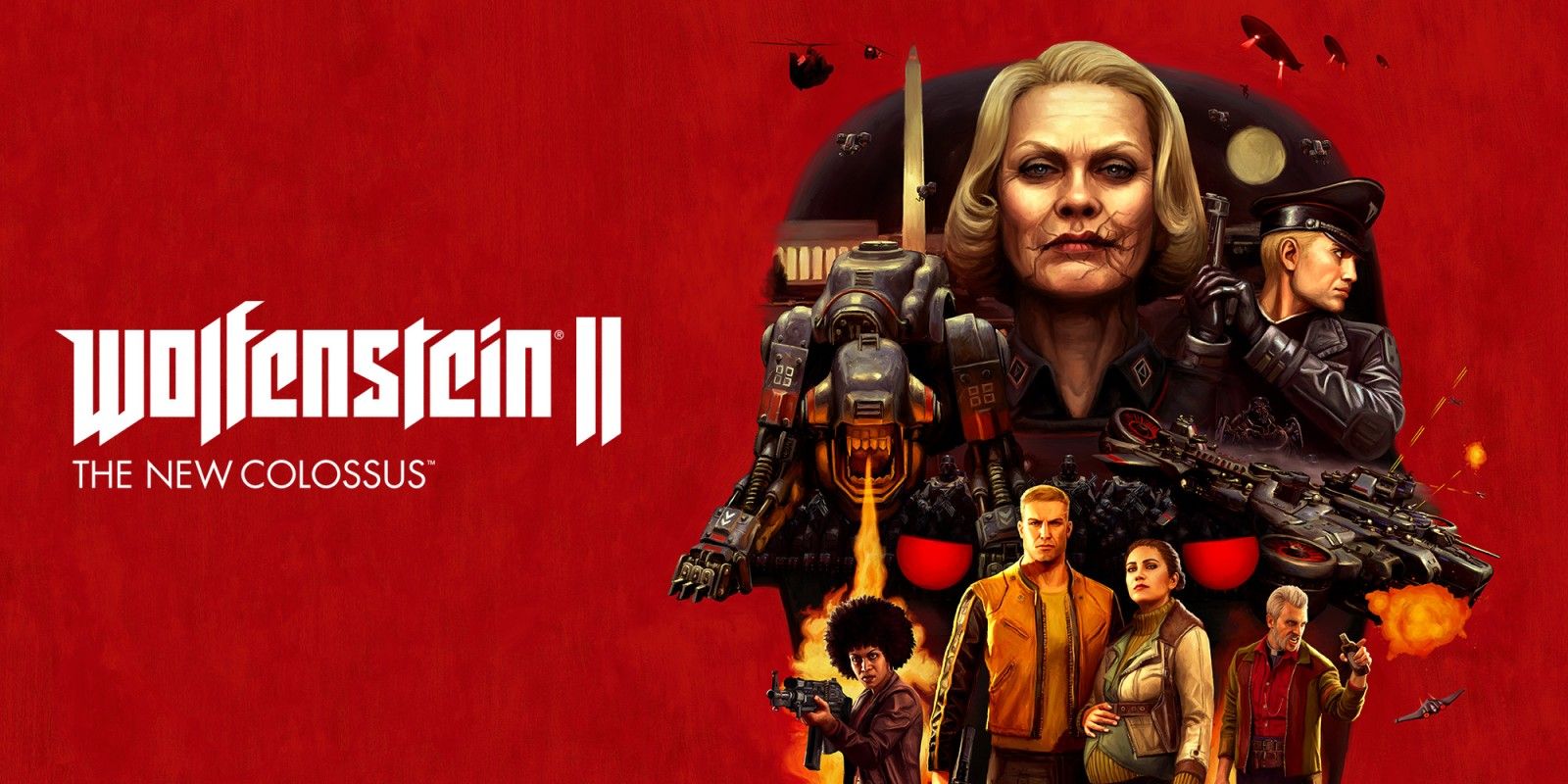
The sequel to MachineGames' The New Order took everything its predecessor did well and expanded on it, giving players an even deeper story with richer characters. Critics say that The New Colossus came at a time when most FPS games were primarily focused on multiplayer experiences at the expense of their single-player modes. A well-written narrative in such a game was a rare treat that helped catapult The New Colossus to high review scores.
However, some of the same problems that critics had with The New Order (and even The Old Blood) remain. The story takes priority over the rest of the game, which means that the shooting fell short in the eyes of some critics. Other reviewers felt as though The New Colossus didn't improve enough from its predecessor and felt too much like just more Wolfenstein. Regardless, most agree that story is The New Colossus' greatest strength.
0 Comments